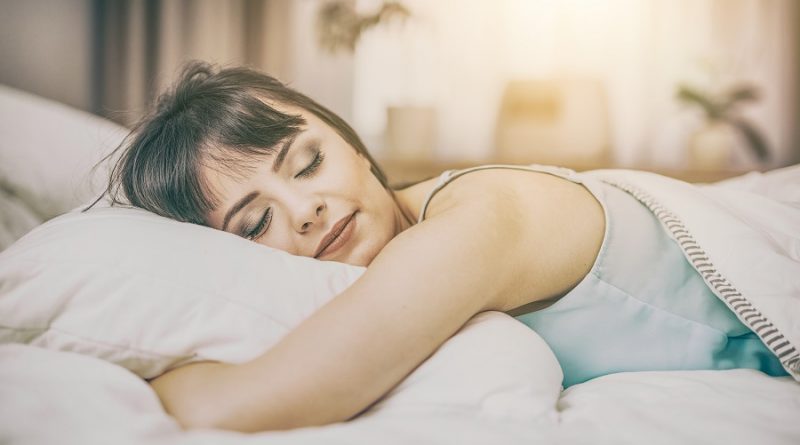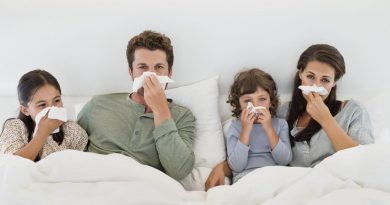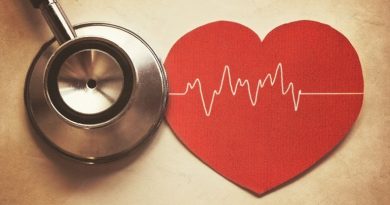5 Ways to Recognize Symptoms of Sleep Apnea
Sleep apnea is a common disorder which causes your breathing to stop or slow down for short periods as you sleep, and an estimated 22 million people in the United States suffer from the condition. If you are waking up frequently and feeling rundown after what you believe to have been a good night’s sleep, these could be signs that you have the condition.

Unless you share the bed with somebody else, it can be hard to verify whether you have sleep apnea, so here are some tips on how to recognize symptoms.
Monitor Your Sleep
The best place to start in recognizing symptoms of sleep apnea is by monitoring your sleep. If you live alone and are waking up feeling low on energy and rundown, there are several things you can do, such as downloading an app on your smartphone which can record your breathing throughout the night. If you notice any signs of choking or gasping for air, this could be an indication that you have sleep apnea. For those that have a sleeping partner, ask them to provide feedback on how well you sleep, especially if your behavior is hindering how much sleep they get.
Examine Your Snoring
When recording your sleep, you should be on the lookout for snoring. Loud snoring tends to be the main symptom of sleep apnea, especially if you have the obstructive kind. While snoring is incredibly common, you may suffer from extreme tiredness and fatigue, which can have a negative impact on your day to day life. It’s possible things like 0 gravity adjustable bases and medical pillows can address some of the problems that cause snoring, but see a doctor prior to making any kind of investment. It’s possible you may have a greater issue that can’t be resolved only by adjusting your sleep position.
Take Your Weight into Account
Being obese or overweight will increase your risk of getting sleep apnea. Individuals who are overweight are four times more likely to get obstructive sleep apnea, with half of those being obese. There are many tips and techniques that you can use to lose weight and alleviate symptoms associated with sleep apnea, and doing so will also reduce your blood pressure.
Take Note of Smoking
Those who smoke are at an increased risk of developing obstructive sleep apnea when compared to non-smokers. We’re all aware of the negative effects cigarette smoke has on our lungs and general health, so if you’re looking to cut back or quit, there are plenty of tips and support groups online that you can check out. Cigarette smoke can increase airway resistance, making it harder to breathe as you sleep. E-cigarettes can be just as harmful and exacerbate sleep apnea symptoms.
Visit a Doctor
If you have any concerns about your health and feel you may have sleep apnea, it’s vital that you make an appointment with your doctor. A medical professional will perform a sleep test to monitor your breathing and heart rate as you sleep. They may then advise the use of a CPAP machine from a site like Medguru which can help reduce symptoms.
While sleep apnea is a common disorder, unless you have been diagnosed and got the right treatment, symptoms associated with sleep apnea can have a negative impact on your quality of life. If you believe that you have any of the signs listed above, it’s crucial that you seek medical attention.




